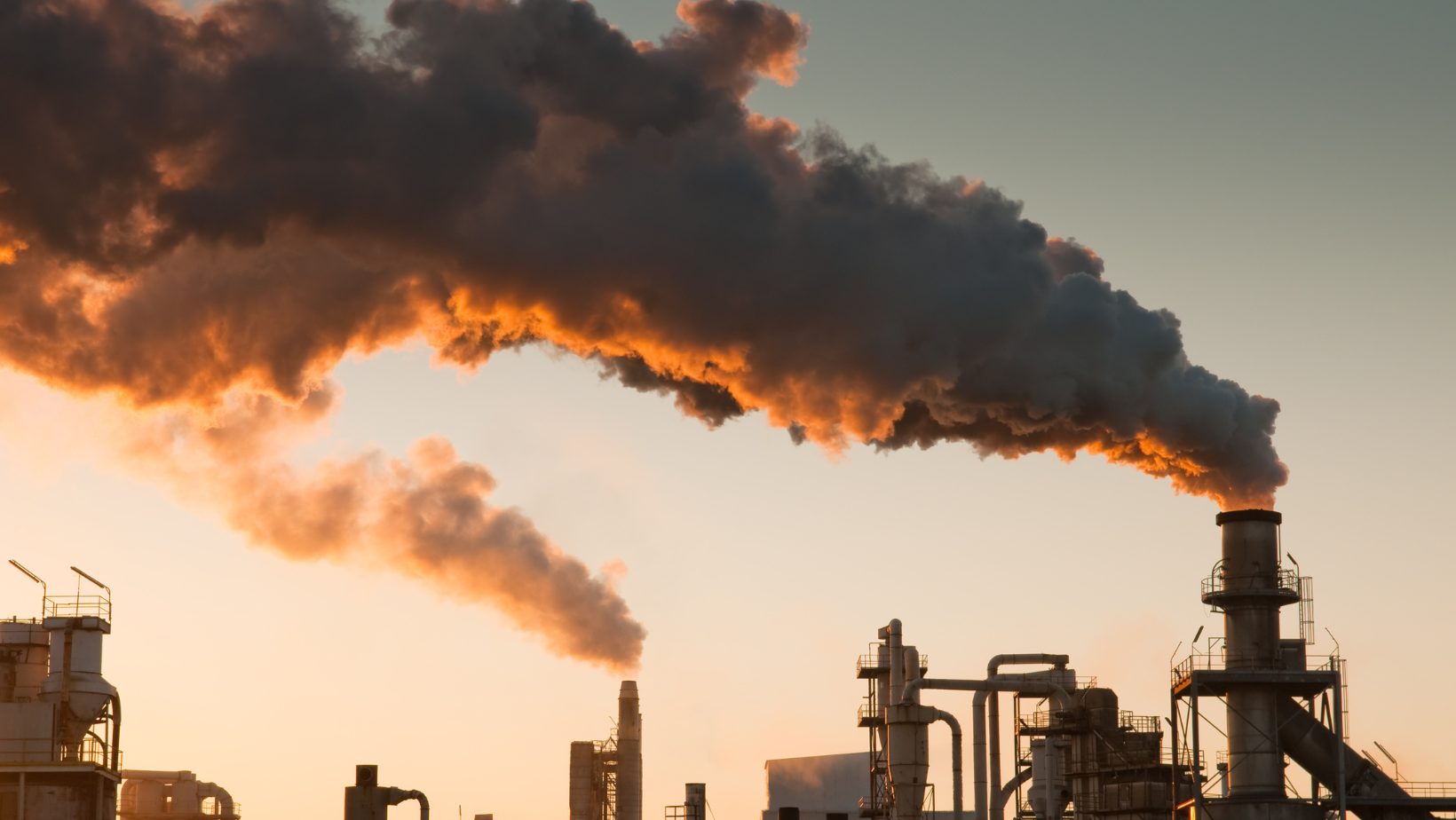Taking Real Action with Swachh Bharat to Combat Waterlogging and Air Pollution
The Swachh Bharat (Clean India) initiative launched by Prime Minister Narendra Modi was a significant step towards creating a cleaner and greener India. However, with the increasing prevalence of waterlogging in our cities, it is evident that there is an urgent need to reinvigorate this initiative. Despite technological advancements and innovation, we continue to use environmentally damaging materials like plastic and fail to dispose of them responsibly. This not only harms our planet but also affects the air we breathe. In this era of artificial intelligence and progress, it is time to take collective action and address both waterlogging and air pollution for a sustainable future.
The Urgency of Combating Water Logging: Waterlogging has become a pressing issue in our urban areas, disrupting normal life and posing serious threats to public safety. Proliferating concrete jungles with inadequate drainage systems aggravate the problem, leaving our cities vulnerable during heavy rainfall. Swachh Bharat’s revival is essential to address the root causes of waterlogging, such as improper waste disposal and the excessive use of non-biodegradable materials like plastic.
Breaking Free from Plastic Dependency: Plastic has become a ubiquitous part of our lives, but its adverse impact on the environment is undeniable. Plastic waste clogs drains, exacerbating waterlogging, and harming aquatic life when it finds its way into water bodies. Swachh Bharat’s revival must include renewed efforts to reduce plastic usage, promote alternatives, and encourage responsible waste disposal.
The Unseen Consequences of Burning Garbage: Burning waste, a common practice in many areas, poses severe consequences for both the environment and human health. The toxic fumes released during the combustion process contribute to air pollution, further degrading the quality of the air we breathe. Swachh Bharat should address this issue by educating communities about the harmful effects of burning garbage and promoting proper waste management techniques.
Embracing Sustainable Practices: Swachh Bharat’s revival provides an opportunity to foster a culture of sustainability. Replacing single-use plastics with eco-friendly materials, encouraging recycling and upcycling, and promoting composting are steps towards reducing our carbon footprint and conserving resources. Moreover, initiatives to plant trees and create green spaces can enhance natural drainage and mitigate waterlogging.
Harnessing Technology for Environmental Solutions: In this age of AI and technology, we can develop innovative solutions to tackle environmental challenges. Implementing smart city initiatives, incorporating rainwater harvesting systems, and using data analytics to optimize waste management are examples of how technology can be harnessed to create more sustainable cities.
Individual Responsibility and Community Participation: While government initiatives are crucial, individual responsibility is equally vital. Each citizen must actively participate in Swachh Bharat’s revival by adopting sustainable practices in their daily lives. This includes segregating waste, reducing plastic usage, and spreading awareness within their communities.
Swachh Bharat’s revival is not merely a government initiative; it is the collective responsibility of every citizen to safeguard our environment. Waterlogging and air pollution are serious issues that demand urgent attention and action. By breaking free from plastic dependency, adopting sustainable practices, and harnessing technology for environmental solutions, we can create a cleaner, greener, and more resilient India.
Swachh Bharat is not just a slogan; it is a call to action for each of us to be stewards of our planet and ensure a healthier, more sustainable future for generations to come. Let us join hands and revive the spirit of Swachh Bharat to combat waterlogging, protect our environment, and breathe cleaner air.

